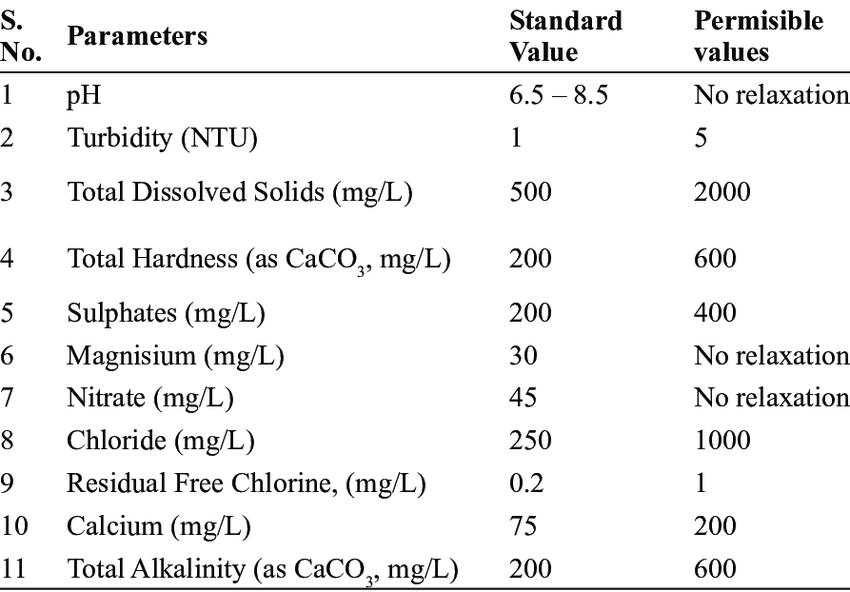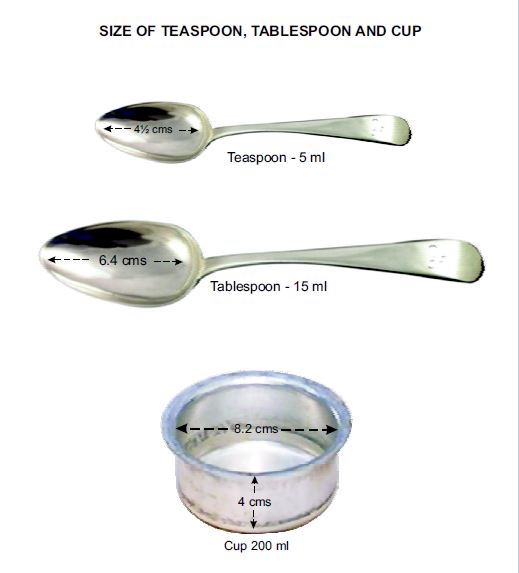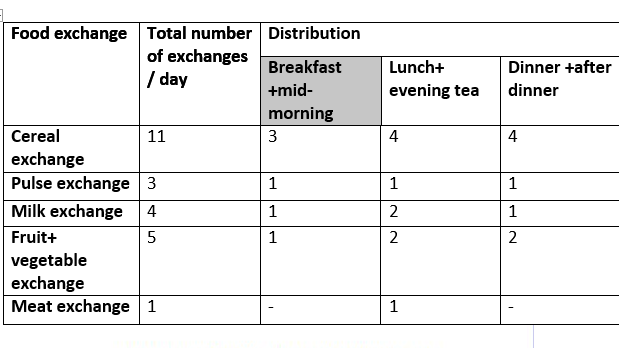What is the gut microbiota?
It is a colony of intestinal flora. It is a huge colony of various strains of bacteria which thrive inside the gut. They are located along the gastrointestinal tract, skin, ears, nose, mouth. Food has a great influence on microbial composition and its functioning. If you are allergic to soy/dairy/gluten and continue eating it, it can disturb your intestinal lining of the gut. On the other hand, the probiotics present in fermented foods can support and strengthen the tight junctions of the epithelial linings of the gut.
What is the immune system?
It's like having an antivirus program installed that kicks up anytime the body detects a foreign substance. It begins the healing process by warding off the unwanted substance/fighting the harmful illness.
The immune system is made up of two subsystems– the innate immune system and the adaptive immune system.
The body's innate immune system protects it from non-specific infections that penetrate it. Killer cells and phagocytes (eating or engulfing cells that fight germs that enter your body through numerous pathways) are the main mechanisms by which it works (mouth, skin, and nose for instance).
The adaptive immune system focuses on infections that the body has already encountered. The acquired or specific immune response is another name for this phenomenon. with time, the adaptive immune system, learns to defend the body over time.
Now what job does the gut microbiota does?
Many physiological functions are influenced by the gut microbiome. Mood, concentration, memory, weight, digestion, and other factors are among them.
The immune system's job is to keep the body healthy and protect it from viruses and bacteria. What about gut microbes, and how do they play a role?
As we all know, the gut hosts most of the human microbiota, as well as 70-80 percent of the immune system. The two have a symbiotic relationship in which they've evolved together to ensure that the body is protected and that any harmful infections it comes into touch with are eliminated.
The relationship between the innate immune system and the adaptive immune system begins at birth, when the body comes into contact with bacteria for the first time - the birth canal is densely populated with germs.
The immune system shapes the microbiome's variety throughout time, and the gut has an impact on the immune system's strength and growth. Other factors, such as nutrition, environment, and lifestyle behaviours, affect the composition of the gut flora throughout life. The gut and the immune system support one another to promote a healthy body.
The gut microbiota, for example, serves as a gatekeeper and a trainer. It educates T-cells, which are immune cells, how to tell the difference between alien entities and our own tissue. T-cells mediate the situation and eliminate infected cells when antibodies are unable to reach pathogens that have succeeded to attack our cells — this is known as cell-mediated immunity.
We can see how important it is to have a strong immune system and good gut communication.
When everything is in order, the stomach sends out signals that support the development of good immunological function, which modulates immune responses. In exchange, the immune system aids in the proliferation of health-promoting bacteria in the microbiome.
When these two are in perfect working order, the body can respond to pathogens while also tolerating harmless microorganisms, avoiding an autoimmune response and ensuring overall health.
Furthermore, problems in the communication between gut bacteria and immune cells have long been known to lead to disease. Since the immune system is so closely linked to the gut microbiota, if your body is subjected to bacteria-stripping elements (such as a bad diet, medications, surgeries, heavy metals, or chemotherapy), your intestinal flora will suffer, which can lead to lowered immunity.
Your gut's intestinal lining is sensitive, and if it becomes compromised, you become more vulnerable to new damaging invaders. Your entire body is affected when your gut is out of balance, meaning there aren't enough healthy friendly bacteria to counteract the pathogenic germs.
According to epigenetic studies, we have more control over our biodiversity than we think. Genes can be influenced in some ways.
By replenishing the microbiome with varied microbial cells, changing the way you eat can vary the expression of your genes.
Increase biodiversity by reducing processed foods and increasing prebiotic fibre (vegetables and legumes) in your diet. Additionally, probiotic-rich foods such as kefir, sauerkraut, and probiotics can help to restore the composition of the gut microbiome and reintroduce healthy microorganisms, resulting in a more efficient gut microbiome, improved immunity, and improved cognitive capacities.in order to learn about foods which will help you heal the gut.





